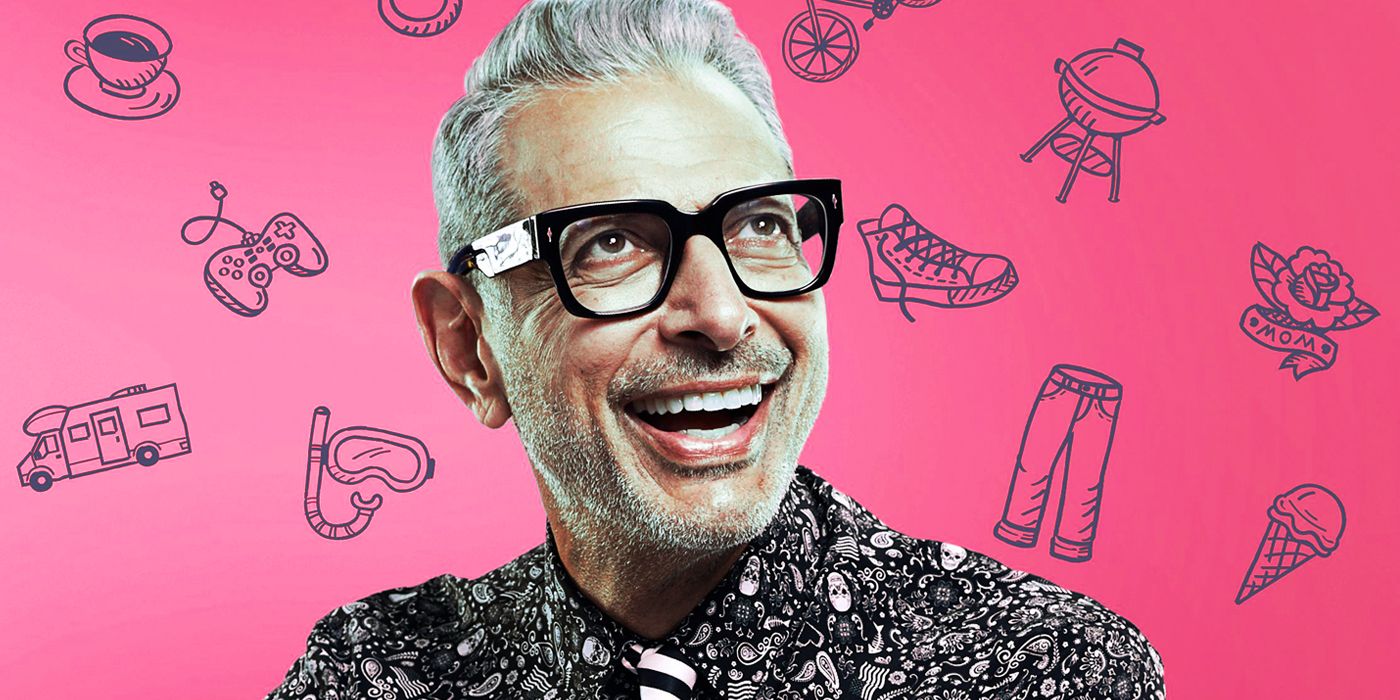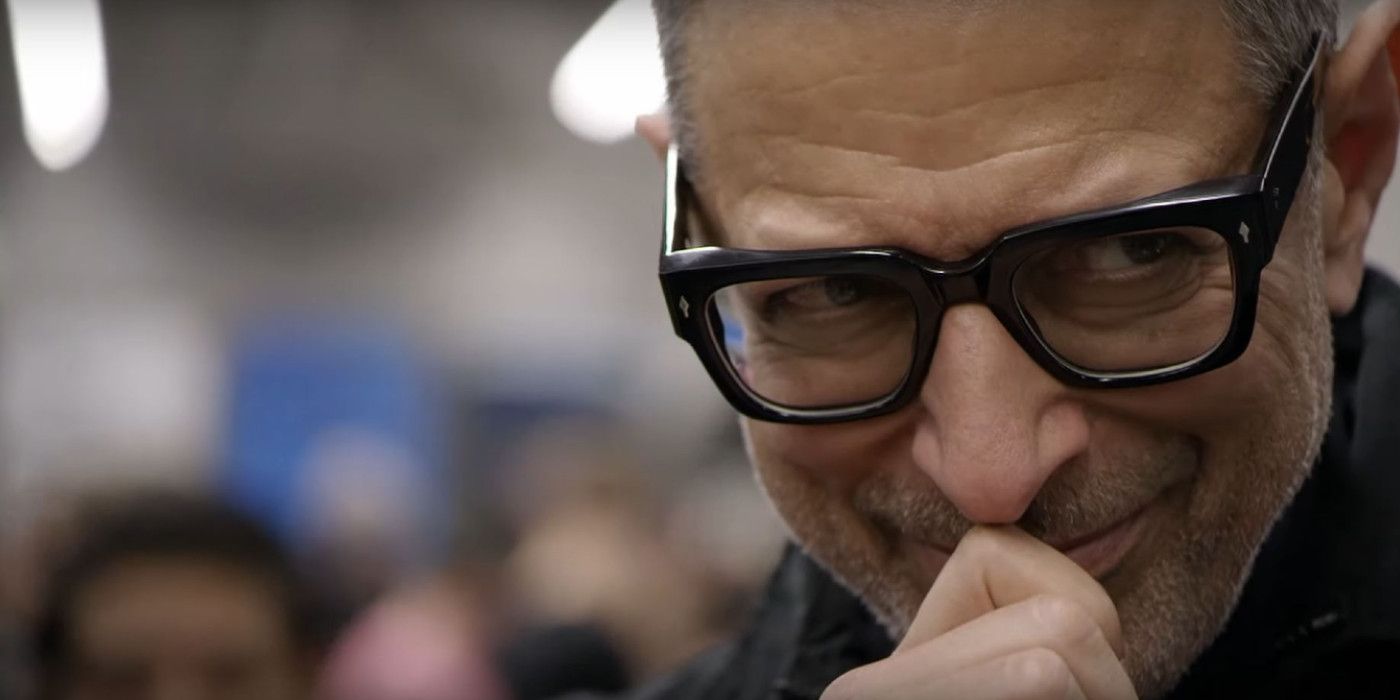Disney+’s The World According to Jeff Goldblum has a deceptively simple premise: Jeff Goldblum discusses commonplace things or ideas for thirty minutes. At first blush, the series succeeds on Goldblum's ineffable charm - his halting speech and eccentric mannerisms - but the show is smarter than you think.
There are nine episodes of The World According to Jeff Goldblum available on Disney+, with new episodes dropping every Friday. Their titles are as germane as their subjects: “Coffee,” “Denim,” “Ice Cream,” “Sneakers.” Each episode features Goldblum interviewing aficionados of each subject, discussing his personal connection to each, and even asking questions like, “Is there some sort of mystery to this delicious food [ice cream]?” What might not be as clear as his explorations of these everyday items is that the show uses a form that is over 400 years old.
The World According to Jeff Goldblum episodes are essays. But not essays like the ones written in high school or college composition; those were thesis-driven papers, and to prove a thesis isn't the point of a true essay. The word “essay” comes from the old French verb “essai,” which means “trial,” or “to test,” “to explore.” So the early essay was the physical manifestation of the writer exploring, testing, trying, considering, doubling back, and reconsidering. It came to no certain conclusion and sought to prove no explicit thesis. It was, in the words of Virginia Tech English professor Dr. Paul Heilker, “the act of moving around and through a subject we want to better understand.”
Michel de Montaigne (1533-1592) was the first real essayist. His essays have similar titles similar to those highlighted in the everyday stuff on The World According to Jeff Goldblum: “Of Names,” “Of Smells,” “Of Drunkenness,” even “Of Thumbs.” Lines like “When I play with my cat, how do I know that she is not playing with me rather than I with her?” characterize Montaigne’s reflections on the everyday.
In his descriptions of essays as a genre, Aldous Huxley identifies the essay’s three poles: the personal/autobiographical, the objective/factual, and the abstract/universal. For Huxley, “The most richly satisfying essays are those which make the best […] of all the three worlds in which it is possible for the essay to exist. Freely, effortlessly, thought and feeling move […] between the essay’s three poles—from the personal to the universal, from the abstract back to the concrete, from the objective datum to the inner experience.” The key is that the essay is about movement.
And The World According to Jeff Goldblum moves hilariously. For example, in “RVs” Goldblum is in the personal/autobiographical pole when he discusses all the things that happened to him in RVs: backstage dramas, alarming phone calls, falling in love. And yet he has never gone on a vacation in an RV, telling us about childhood trips to Atlantic City rather than going camping. He shifts to the objective/factual pole when he takes us to the RV capital of the world, Elkhart, IN, where we learn “80% of all the RVs are manufactured within a fifty-mile radius” and that the first RV was pulled by a Model T in 1913. Finally, he moves to the abstract/universal pole when he muses that many RVs are made by the Amish who have “taken a road less traveled, and they have made a vehicle for people who take a road less traveled.” Likewise, the reflection that RVs are about freedom speculates on the philosophy of the mundane. He says, “It’s the human experience to go on a journey. Hey, maybe that’s the power of the RV.” Moving “freely, effortlessly” through all three poles makes Jeff Goldblum an essayist in the tradition of a 400-year-old French philosopher.
On Disney+, The Mandalorian rightfully gets most of the hype, but the smartest, most interesting original show on the service is The World According to Jeff Goldblum. Whereas explainer shows like Adam Ruins Everything and Mythbusters prove specific claims, Goldblum shows us that exploration, movement, and essaying unfold a world that is more interesting and complex than we ever thought.


